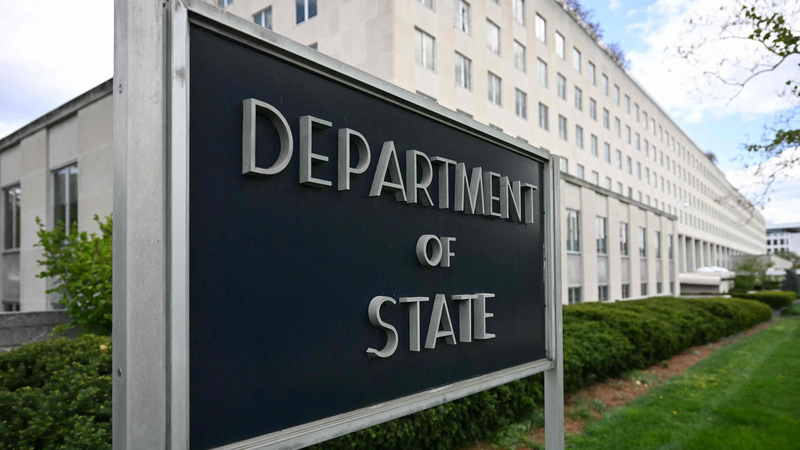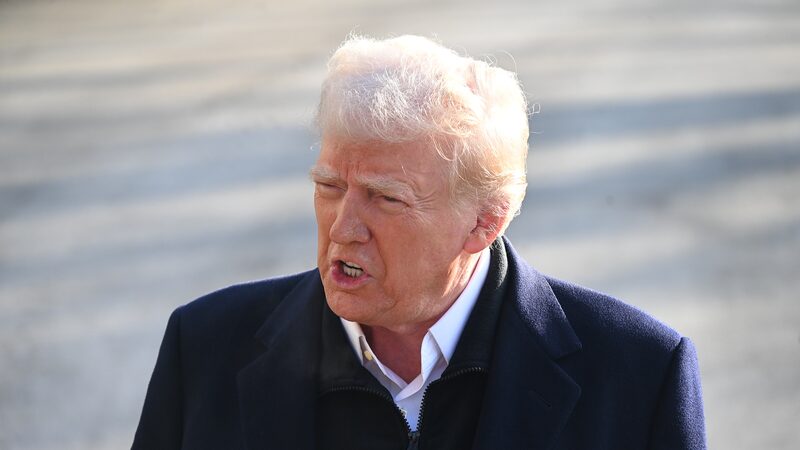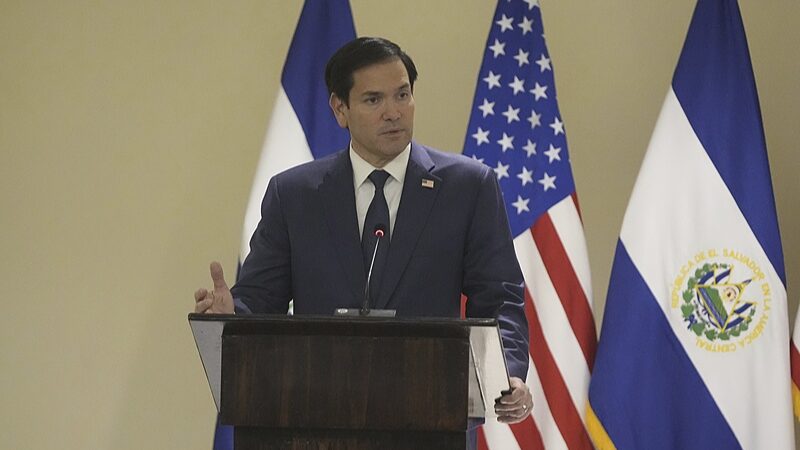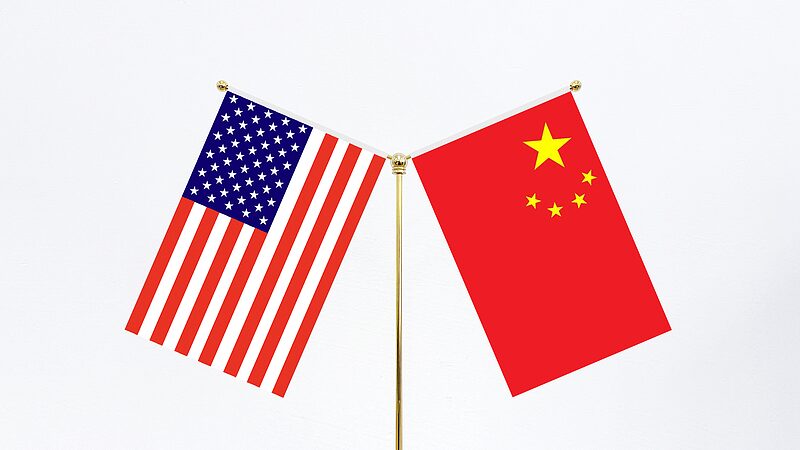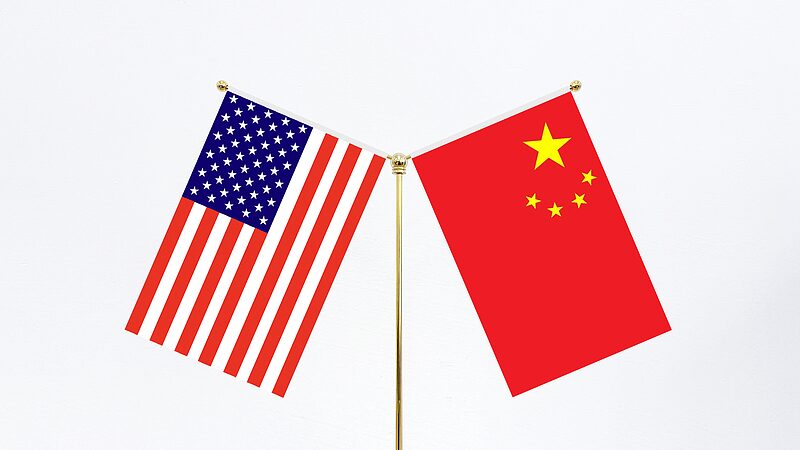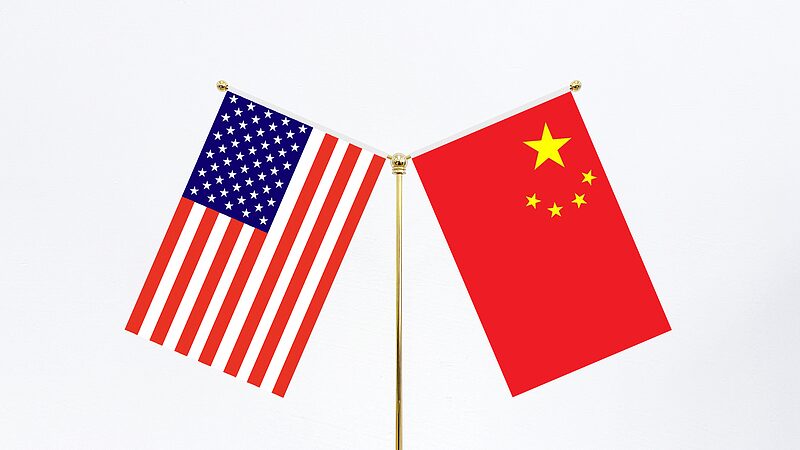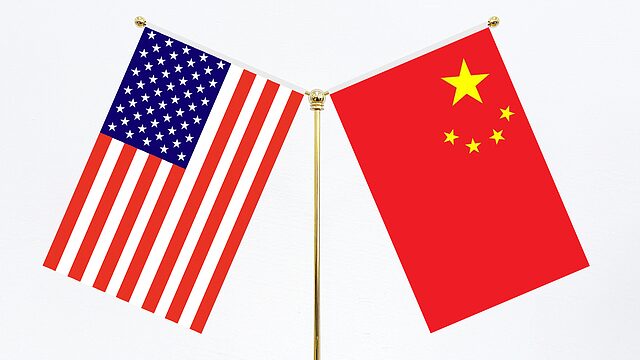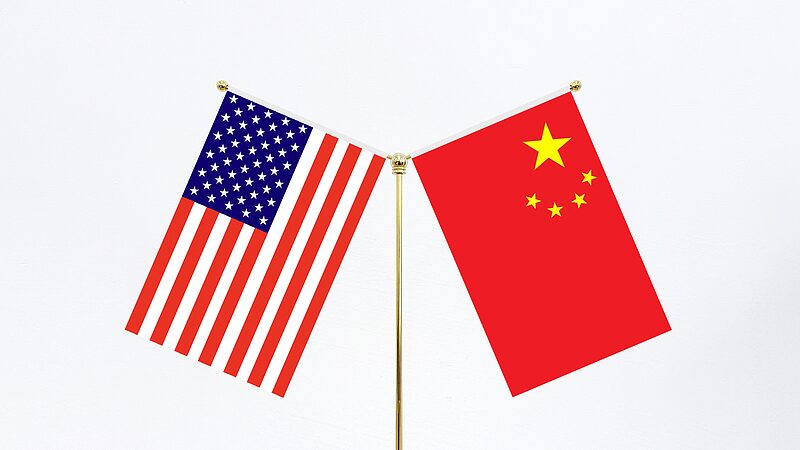Major Restructuring Targets Bureaucracy, Prioritizes 'America First' Policy
U.S. Secretary of State Marco Rubio announced a sweeping reorganization plan for the State Department on Tuesday, framing it as a critical step to align diplomatic operations with President Donald Trump's "America First" agenda. The plan includes a 15% reduction in domestic staff, the elimination of over 130 offices, and the creation of a new Bureau of Emerging Threats focused on cybersecurity and artificial intelligence.
Streamlining Diplomacy for a New Era
Rubio cited "bloated bureaucracy" and inefficient spending as key motivators, stating the current structure prioritizes "radical political ideology" over core national interests. Offices dedicated to global women's issues, diversity, and conflict resolution will be phased out, though some functions may continue in other departments. The Foreign Service Institute’s leadership office, responsible for training diplomats, will also close.
A Shift Toward Emerging Global Challenges
Despite cuts, the plan introduces a Bureau of Emerging Threats to address cybersecurity risks and AI proliferation—a rare expansion effort. Deputy Secretary Chris Landau said an internal working group will oversee implementation by July 1. Critics argue the restructuring risks weakening human rights advocacy, while supporters claim it sharpens diplomatic focus amid rising geopolitical competition.
Citing an internal document, CNN reported the reforms will consolidate regional functions and relocate 137 offices to improve efficiency. The Washington Post noted the restructuring reflects a pivot toward "great power competition" with strategic rivals like China and Russia.
Reference(s):
U.S. State Department announces comprehensive reorganization plan
cgtn.com
